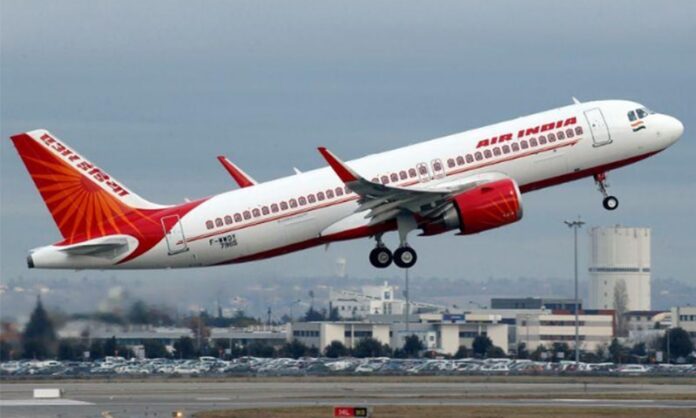Indian carriers Air India and IndiGo are facing rising fuel costs and longer flight durations after Pakistan imposed an airspace ban on Indian airlines amid escalating tensions linked to a militant attack in held Kashmir. The closure, which does not apply to international airlines, has forced the two Indian carriers to begin rerouting several key international routes.
The fallout stems from a deadly attack in the Pahalgam region of Indian-occupied Kashmir, where gunmen killed 26 people in a meadow on Tuesday. Indian authorities have alleged Pakistani involvement in the assault, a charge that Islamabad has denied.
In a series of tit-for-tat measures following the incident, both countries have taken diplomatic and logistical steps against each other. Among them, India has suspended a vital water-sharing treaty concerning rivers flowing from India into Pakistan.
As of Thursday night, both Air India and IndiGo had begun diverting flights to destinations including New York, Dubai, and Azerbaijan—routes that normally traverse Pakistani airspace. Flight tracking data from Flightradar24 confirmed these changes.
New Delhi’s Indira Gandhi International Airport—among the busiest in the world—is expected to be the most severely impacted. Data from Cirium Ascend shows that IndiGo, Air India, and its budget arm Air India Express collectively operate around 1,200 international flights from New Delhi to Europe, North America, and the Middle East this month alone.
An aviation executive, speaking on condition of anonymity, noted that Air India’s Middle East flights from Delhi will now take about an hour longer due to the detours. That means increased fuel consumption and reduced cargo capacity—two key cost burdens. Fuel and oil typically account for about 30% of an airline’s operating expenses, making them the most significant cost factor in aviation.
IndiGo confirmed it would be making slight schedule adjustments to about 50 international routes. The carrier also announced the suspension of flights to Almaty from April 27 to May 7, and to Tashkent from April 28 through May 7.
The situation further complicates Indian airlines’ operations, which are already under strain due to aircraft delivery delays from both Boeing and Airbus. One airline pilot told Reuters the closure would require recalculating flying hours and revising crew and pilot rosters accordingly. Another airline executive said his team worked late into Thursday night to evaluate the operational impact.
An example of the disruption was evident in IndiGo flight 6E1803, which traveled from New Delhi to Baku on Thursday. The journey took 5 hours and 43 minutes using a longer southern route over Gujarat and the Arabian Sea, before veering north over Iran. On Wednesday—before the ban—the same flight took just 5 hours and 5 minutes.
Pakistan’s airspace restrictions will remain in place until May 23. A similar move in 2019, when Pakistan closed its airspace for roughly five months, cost Indian airlines—primarily Air India and IndiGo—an estimated $64 million, according to the Indian government.
























